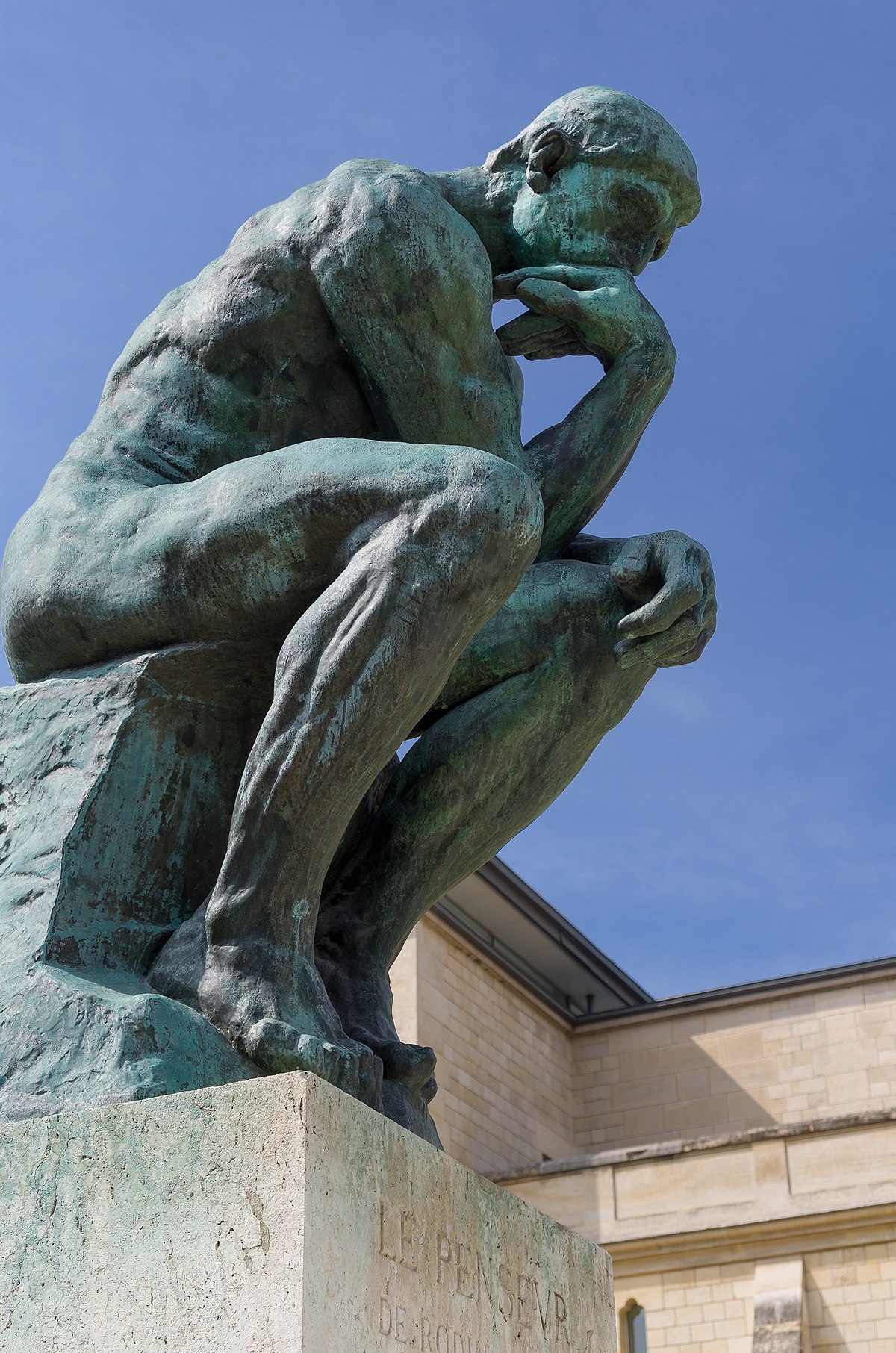(image borrowed from giphy)
The author of Stanford Encyclopedia of Philosophy says that the definition of lying contends that a false statement isn't a lie unless the person telling the statement knows it's not true. If he goes ahead with the statement in intent to deceive another, then they are lying.
Yeah...that was wonky. So basically, ignorance is bliss!
(image borrowed from Wikipedia)
French neurologist Duchenne de Boulogne of the 19th century determined that a fake smile only uses muscles around the mouth and a genuine smile engages the muscles around the eyes forming "crow's feet." He was able to see the noticeable differences between a fake and real smile.
FUN FACT: There's evidence that people who smile more genuinely often live longer.
I felt like when I was in customer service jobs I faked a good smile. I didn't have the crow's feet, but it was damn close! I definitely think when I left that job I smiled more genuinely more often!
(image borrowed from Wikipedia)
When you lie, the brain increases blood flow to the part of your brain that is used for making decisions, thinking up stories, and knowing right from wrong--the things that require extra thought. When you tell the truth your responses are usually automatic and you can answer without thought.
So basically lying takes more work...I wonder what the brain patterns of compulsive liars look like...?
(image borrowed from The Smithsonian Institution)
Over the last several thousand years our brains have gotten smaller. Anthropologists recreated a brain that would have fit in the Cro-Magnon skull that was found in France. The 28,000-year-old brain was nearly 20% larger than our brains today.
That's something! Especially since we're supposed to be smarter now. Makes you wonder! Though, I suppose the bigger brain doesn't necessarily mean they were smarter.
(image borrowed from Pinterest)
Some are blessed with neurons called "path cells" that give them a great sense of direction. They are able to remember certain landmarks when traveling to help them on their journey. There's another set of neurons called "place cells" that help them remember a place they already visited. When combined together they get them where they need to go!
Yeah...I maybe have a half set of these? Lol. I'm directionally-inclined some of the time. Like I know where I need to go, but couldn't tell someone else how to get there the same way! Lol.








No comments:
Post a Comment
Comments are an award all on their own! So my blog is an award free one! Thanks for any consideration though!